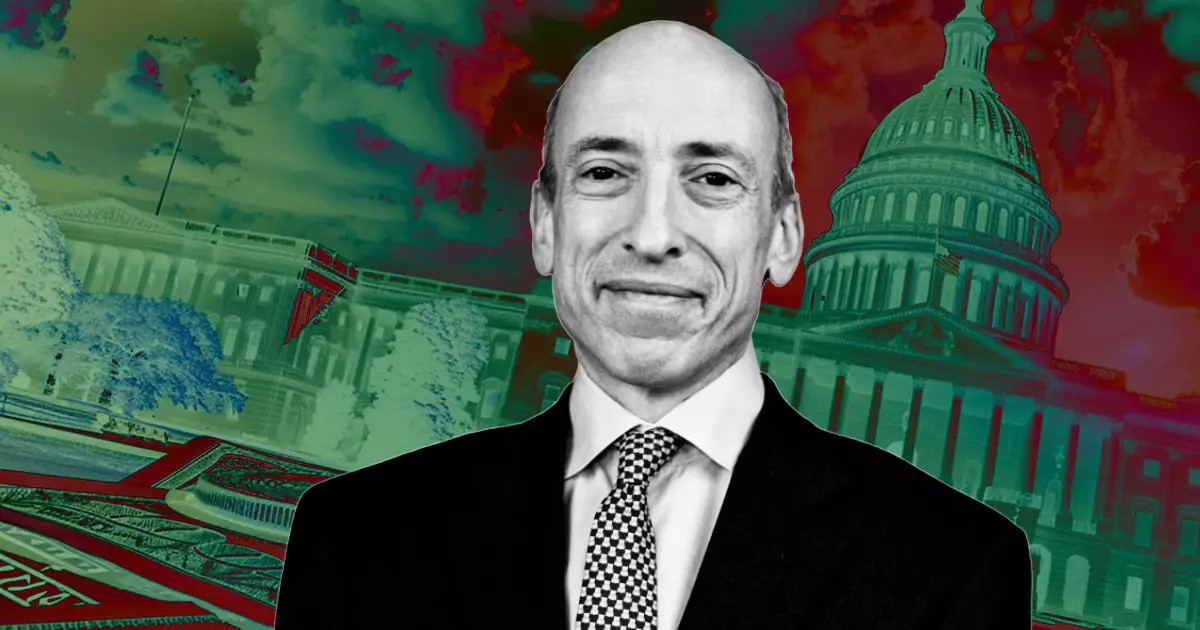Gary Gensler, the Chairman of the US Securities and Exchange Commission (SEC), recently expressed strong opposition to the Financial Innovation and Technology for the 21st Century (FIT21) Act. This act has been hailed for providing regulatory clarity to the crypto industry, but Gensler argues that it would actually weaken consumer protections in the market. The Biden administration has also voiced its opposition to the bill, stating that it would prefer a more comprehensive and balanced regulatory framework for digital assets.
Gensler warned that the FIT21 Act would create significant regulatory gaps, potentially putting investors and capital markets at risk. He believes that the bill would allow blockchain-based investment contracts to avoid classification as securities, which would remove them from SEC oversight. This could lead to self-certification by product issuers, making it easier for them to evade regulatory scrutiny.
Furthermore, Gensler criticized the bill for abandoning the Howey Test, a key method for determining if an investment qualifies as a security. He expressed concern about the exclusion of crypto asset trading platforms from being classified as exchanges, highlighting the risks this could pose to investors. Overall, he believes that the legislation would undermine the American capital market and make it easier for firms to evade enforcement actions.
Despite Gensler’s opposition, the FIT21 Act has garnered strong support from the US Congress and the crypto community. Congressman French Hill, the Chairman of the Subcommittee on Digital Assets, Financial Technology, and Inclusion, has stated that the bill provides necessary authority to the SEC over digital assets and offers adequate protections for investors. Crypto companies like Coinbase, Circle, Kraken, and Gemini, along with advocacy groups like Stand With Crypto and the Crypto Council for Innovation (CCI), have urged lawmakers to support the legislation.
The CCI specifically mentioned that while the bill may introduce new compliance challenges for digital asset companies, regulatory clarity is ultimately more responsible and safer for consumers than the current regulatory environment. It is clear that there is significant industry support for the FIT21 Act.
As the US House of Representatives prepares to vote on the FIT21 Act, it is important to consider the potential implications of the legislation. If passed, the bill could have a significant impact on the regulation of digital assets and investment contracts. It could shape the future of the crypto industry and how it is overseen by regulatory authorities.
The FIT21 Act has sparked intense debate within the industry and among regulators. While some believe that it offers much-needed clarity and regulatory certainty, others, such as Gary Gensler, have raised concerns about its potential impact on investor protections and market integrity. The outcome of the upcoming vote will likely have far-reaching implications for the crypto industry and its regulation.

